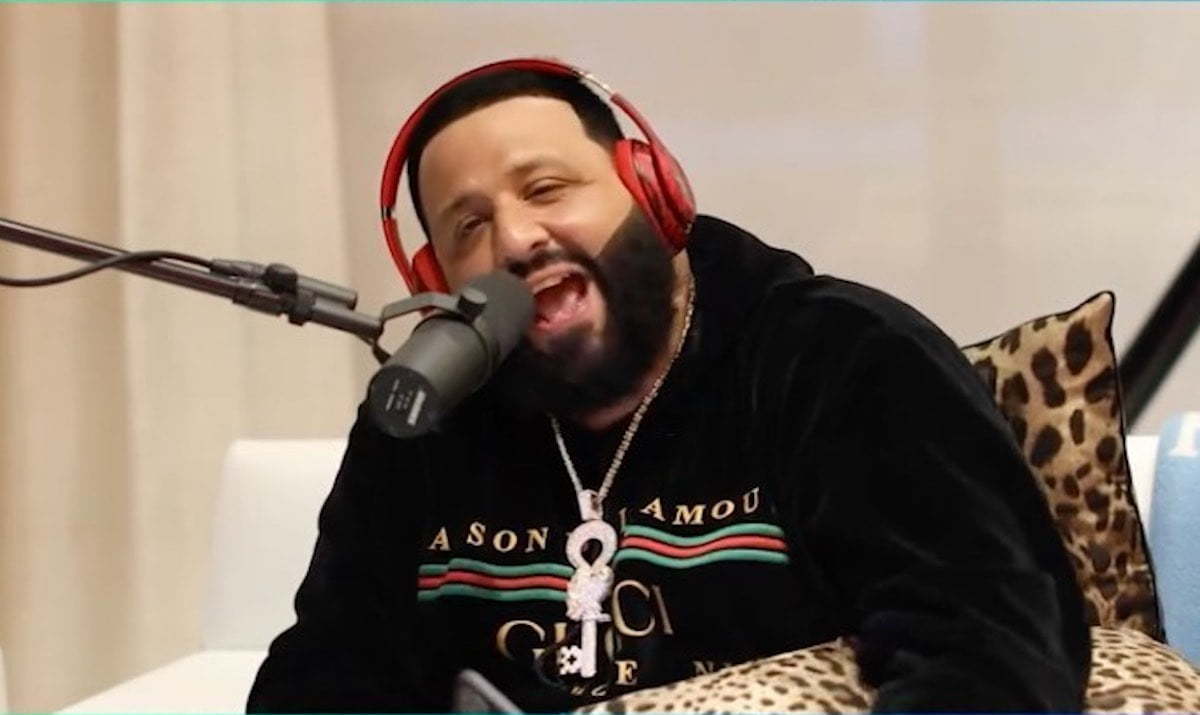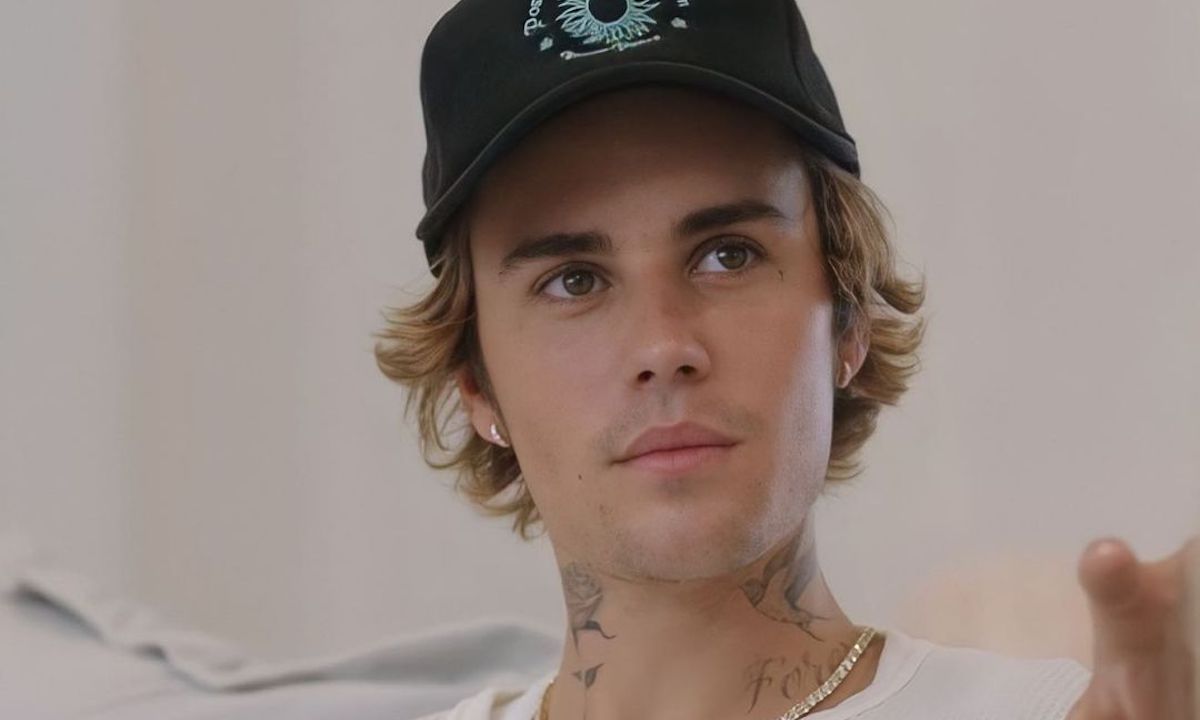Justin Bieber says he is influenced by reggae/dancehall music but failed to meet the low bar in giving Jamaican music its proper credit.
As a world advocate for reggae and dancehall music and Jamaica as a whole, DJ Khaled never fails to give credit to dancehall culture, which is not only a part of his roots but has spawned multiple hits for him. Khaled recently had the opportunity to interview Justin Bieber amidst the release of his latest album, Justice, and the hitmaking producer asked the pop superstar about dancehall’s influence on his own music.
Justin Bieber sparked some controversy back in 2015 with his monstrous comeback hit “Sorry” from his album Purpose. The popular track had that rhythmic dancehall flavor and bassline, and its accompanying music video featured styles and dances from dancehall culture. What most local dancehall artists and fans took issue with was the fact that the genre was never credited at any opportunity for its obvious influence on the record.
The producer behind the No. 1 track regularly dabbles in dancehall and reggae sounds and has often tipped his hat to the culture for influencing his productions. From interviews to award stages, Skrillex acclaim his fandom of the commonly-sampled genre time and time again. However, as if prohibited to do so, the word “dancehall” has never publicly escaped artists like Justin Bieber’s lips. DJ Khaled asked about “Sorry,” particularly during his recent interview with the pop superstar on his First One with DJ Khaled podcast on Amazon Music.

“The record ‘Sorry,’ it has that dancehall feel. I love Jamaica. I love reggae, I love dancehall music. It wouldn’t be no DJ Khaled if Khaled didn’t break out of dancehall. It’s part of my story and who I am,” Khaled said. “What inspired you to make that record? Are you influenced by reggae music/dancehall music?”
In response, Justin told Khaled, “So the answer is yes. I am inspired by really all music but in particular I love island music. I love the feel of just the percussion, you know, I’m a drummer so that percussion it moves me. It makes me want to dance.”
“I wanna make music for the world,” Bieber continues. “I don’t want to get caught up being too isolated. I want to make music that impacts everybody of all cultures, all ethnicities, all shapes and sizes.”
Justin, who is a self-taught musician, has been playing the drums since he was a toddler. After teaming up with several renowned music producers influenced by reggae and dancehall sounds, he has created a number of similar dancehall flavored records – all of which went unattributed to the originating culture.
One of the major producers that Justin has worked with in the past who has faced similar criticism is Major Lazer, a group that is undoubtedly the product of an amalgamation of genres like dancehall, Afro-beats, EDM, and more. While one of its members is Jamaican, admitting the influence of dancehall on their records has seemed to be as difficult for them as it is for Justin. They too have faced backlash for cultural appropriation in addition to artists like Drake and Kanye West.
The artists who tend to give dancehall the respect it deserves pretty much grew up on it themselves as Caribbean natives. Namely, Rihanna and Nicki Minaj often highlight the undeniable impact of the genre and raise awareness of its prior existence.
Meanwhile, Justin Bieber’s “Sorry,” which was one of the biggest records of 2015, broke a number of streaming records in multiple regions, and the visuals currently boast more than 3.5 billion views on YouTube, ranking as the platform’s 13th most viewed video. It unquestionably catalyzed the renewed interest in dancehall-influenced mainstream music and was the start of an onslaught of tracks by various artists that were clearly products of dancehall culture.
As for when dancehall will actually be named by some mainstream artists as a major influence and stop being whitewashed by mainstream music media with empty terms like “Island music,” “Tropical House,” and “Caribbean-flavored,” we will have to wait and see.
